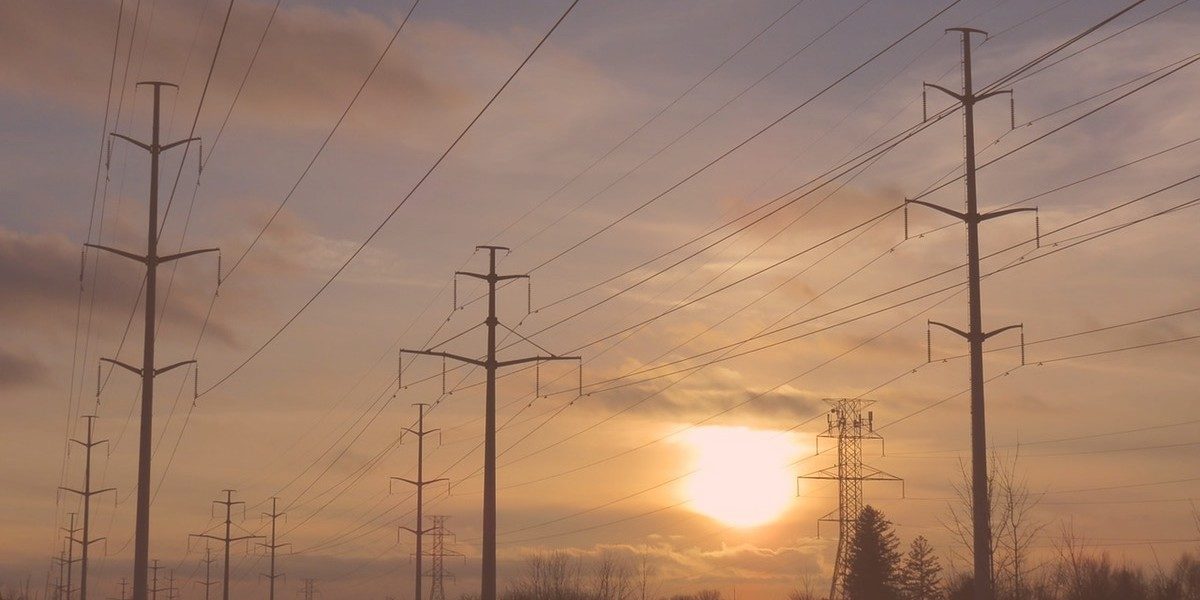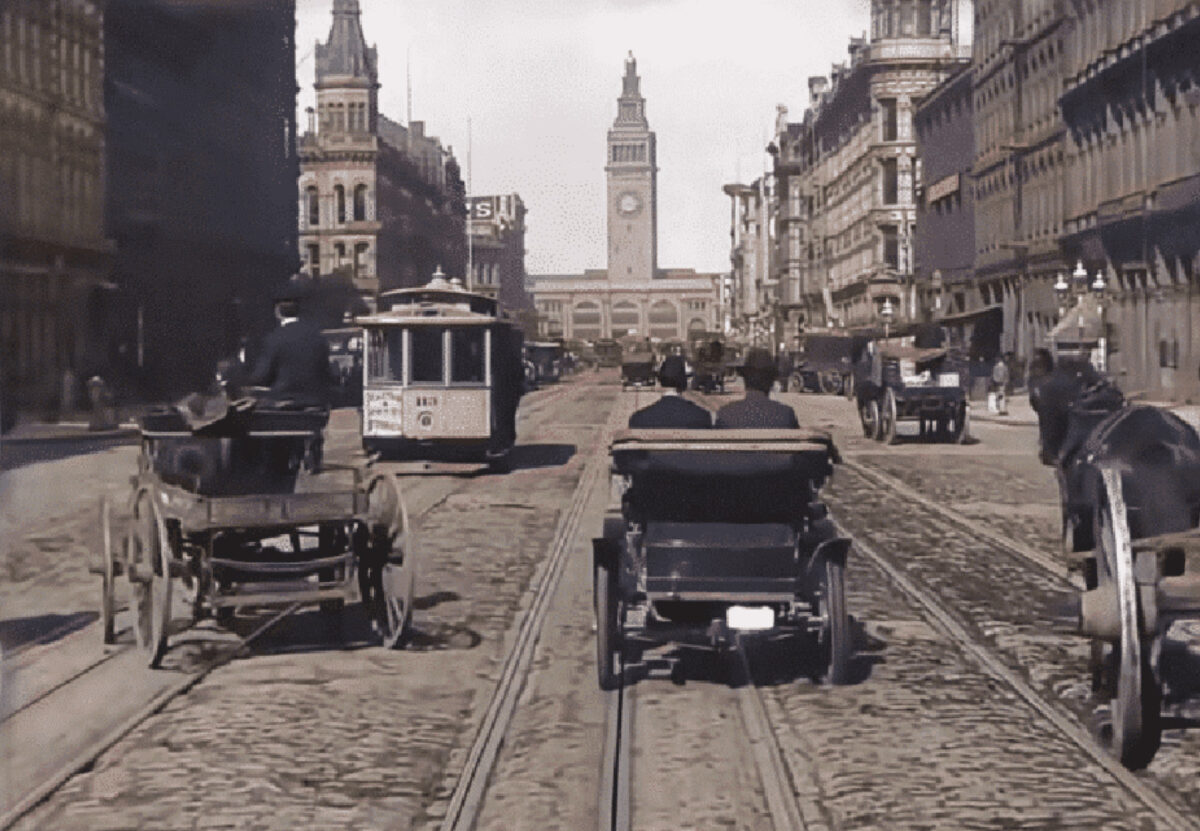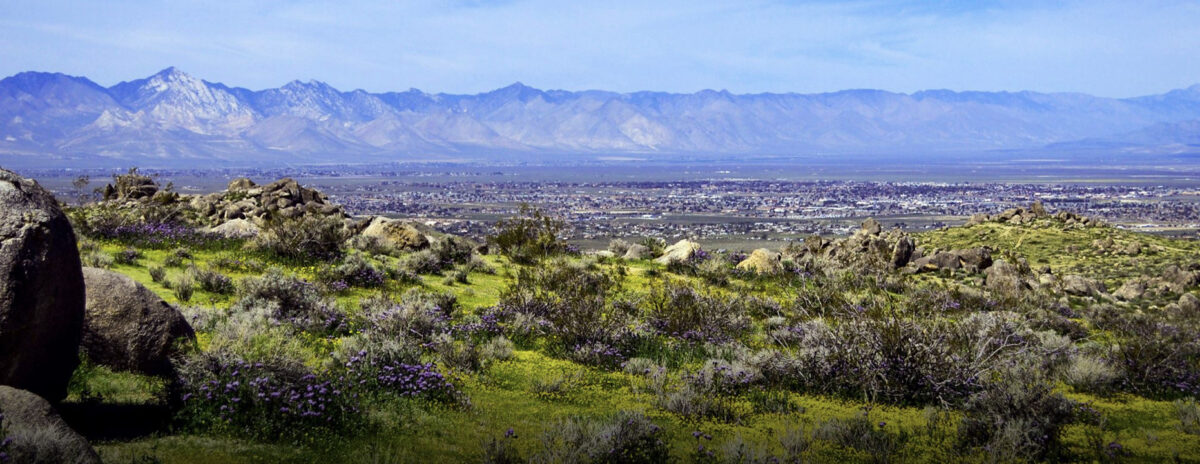As a PG&E customer, your electricity may be shut off if extreme fire danger conditions threaten a portion of the electric system serving your community. PG&E is implementing this precautionary measure, called a Public Safety Power Shutoff (PSPS), to help reduce the risk of wildfires.
Extreme weather can last anywhere from a few hours to several days. Therefore PG&E recommends being prepared for outages that could last longer than 48 hours. What does this mean for you and your disaster plan?
Will PSPS affect me?
You’re most likely to be affected if you live in a high fire-threat area (based on the California Public Utilities Commission High Fire-Threat District map). However, PSPS could impact any of the more than 5 million customers who receive electric service from PG&E. This is because the energy system relies on interconnectivity among power lines across many cities, counties, and regions. So no matter where you live, it’s important to be aware and prepared for the possibility of a power outage.
How can I prepare for a PSPS event?
As a Jumpstart blog reader, you may have already prepared your home and your family for an earthquake. However, it’s important to be prepared for any disturbance to your daily life, including a PSPS event!
Here are some things to consider in preparation for a loss of power:
Before an outage
Steps you can take prior to an outage:
- Contact information: Confirm or update your contact information. PG&E will reach out to you in advance of a PSPS event, if possible.
- Safety plans: It’s important to have a plan for all members of your family, including pets. Remember that a PSPS event could happen day or night!
- Emergency kits: Stock up on enough supplies to last a week. Visit PG&E’s Emergency Preparedness Kit page for recommendations on what to include. Here are our three favorite alternatives to the usual kit items that can help you bounce back in a disaster.
- Mobile phones: Keep mobile phones and other electronic devices charged and purchase a solar charger. This will allow you to maintain your line of communication even while power is down. Even if you rely on a landline, keep a backup mobile phone in the likely case that your landline is inaccessible. Most landlines are now powered by the Internet, or rely on the power grid to be functional.
- Backup generators: Backup electric generators operate as a stand-alone power source and are not connected to PG&E’s power grid. Make sure you understand how to safely use a backup generator. You can even chip in on a generator with your neighbors, housemates, or other tenants in your apartment building.
- Electric doors: Learn how to manually operate your garage door and any other electrically operated door. Talk with your building manager if you live or work in a building that has electronic key card access or elevators to understand how they will deal with a possible multi-day outage.
- Additional supplies: Stock up on flashlights and batteries. Have a battery powered or crank radio on hand. Keep cash in your wallet and a full tank of gas in your car.
During an outage
Things to consider during an outage:
- Neighbors: Don’t forget to check on your neighbors!
- Appliances: Unplug appliances and any other equipment or electronics to avoid damage caused be power surges when service is restored.
- Lamps: Leave a single lamp on as a way to alert you when power is restored.
- Refrigerators: A typical refrigerator will keep food cold for about 4 hours and a full freezer will keep its temperature for about 48 hours if the freezer and refrigerator doors are kept closed. Consider using coolers with ice to keep food cold and safe.
- Stoves: Never try to use a gas stove for heat. Generators, camp stoves and charcoal grills are safe to use outdoors.
What if I rely on electricity for medical needs?
Keep emergency phone numbers accessible and consider staying with a friend or relative during an outage. Check with local authorities regarding available resources. You can also apply for PG&E’s Medical Baseline Program. If your device qualifies for the program, you’ll receive a lower rate on your monthly energy bill and receive extra notifications in advance of a PSPS event.
Additional resources
Here are some additional resources for more disaster preparation tips!



